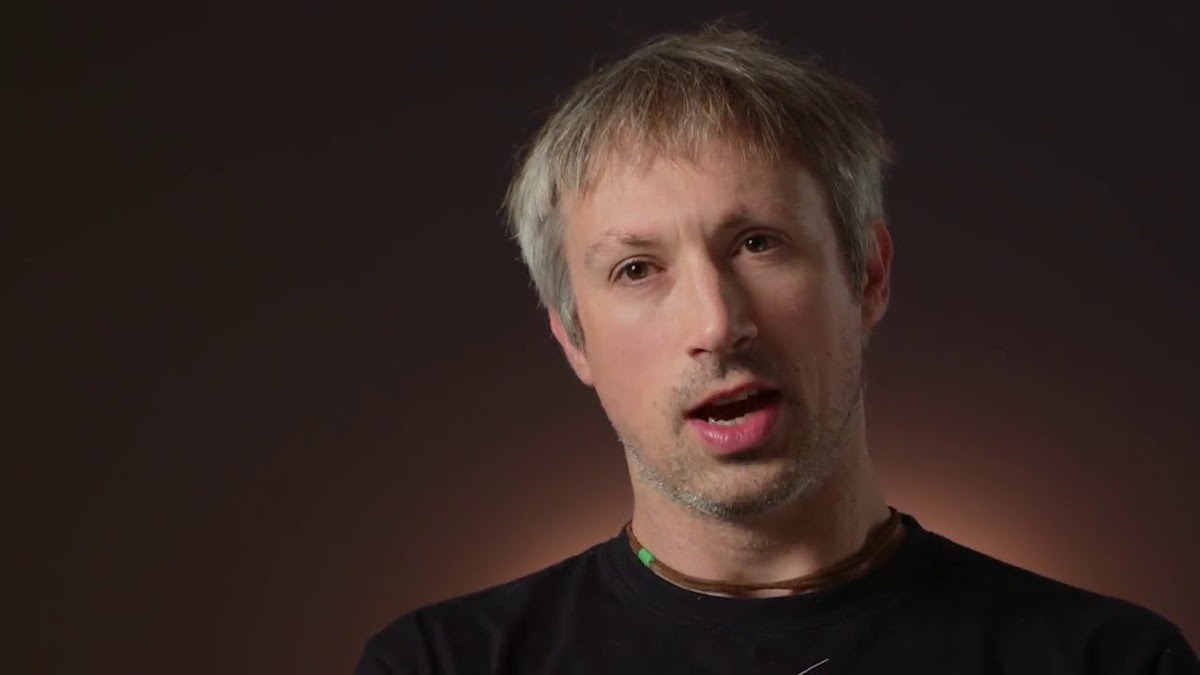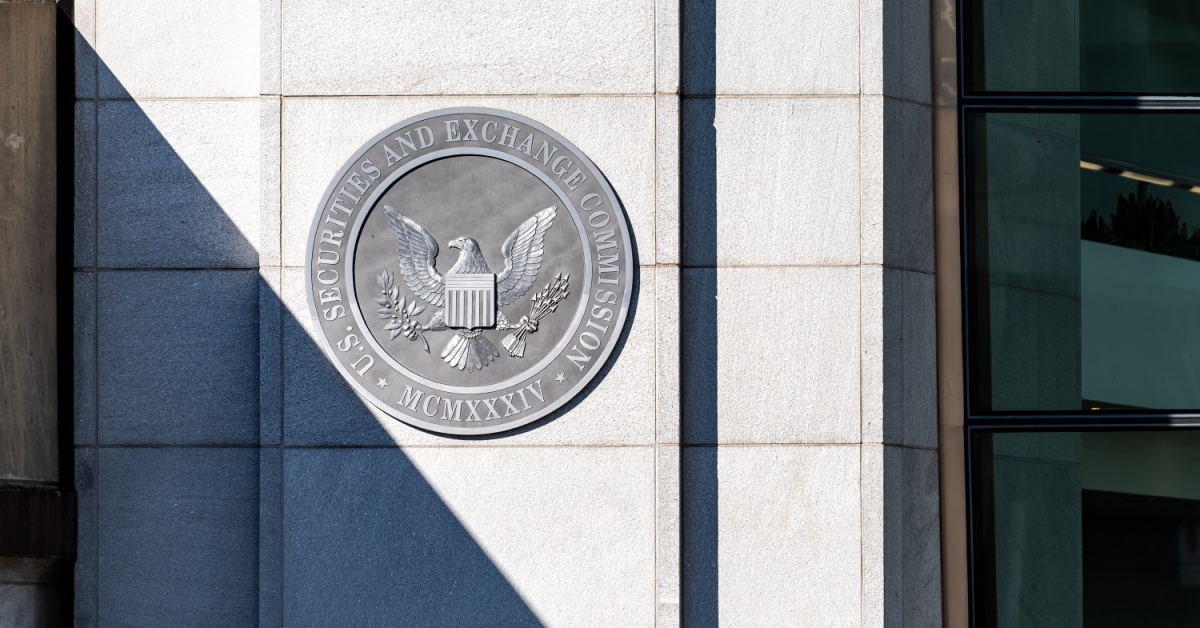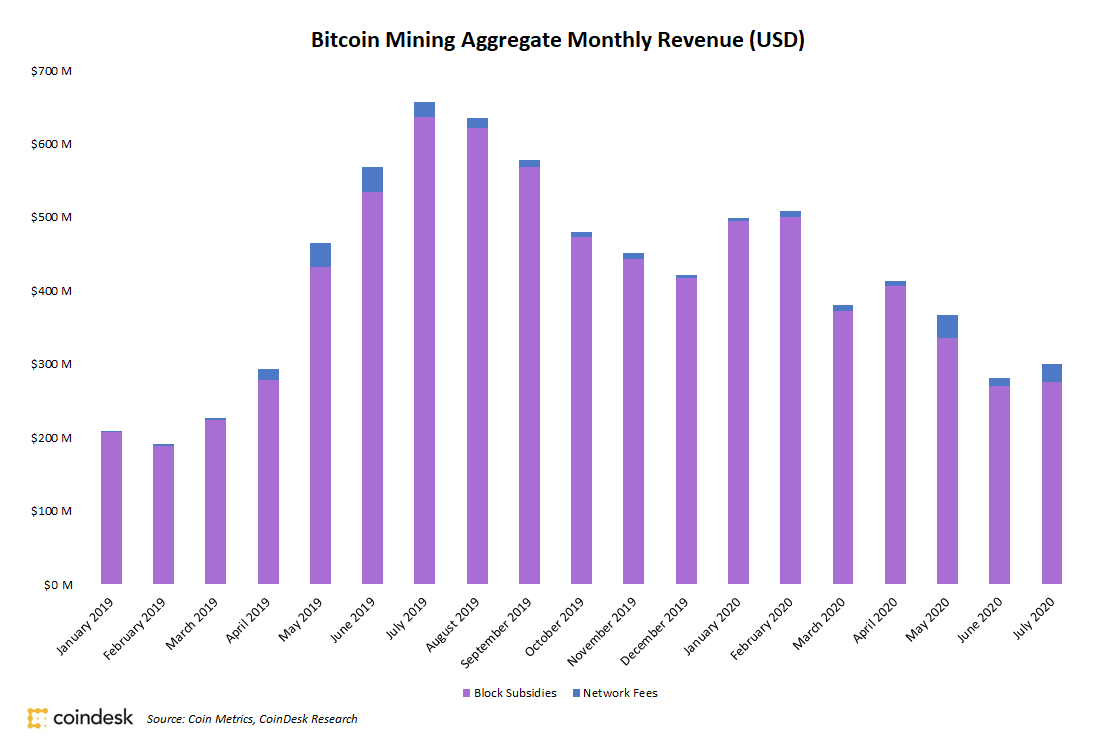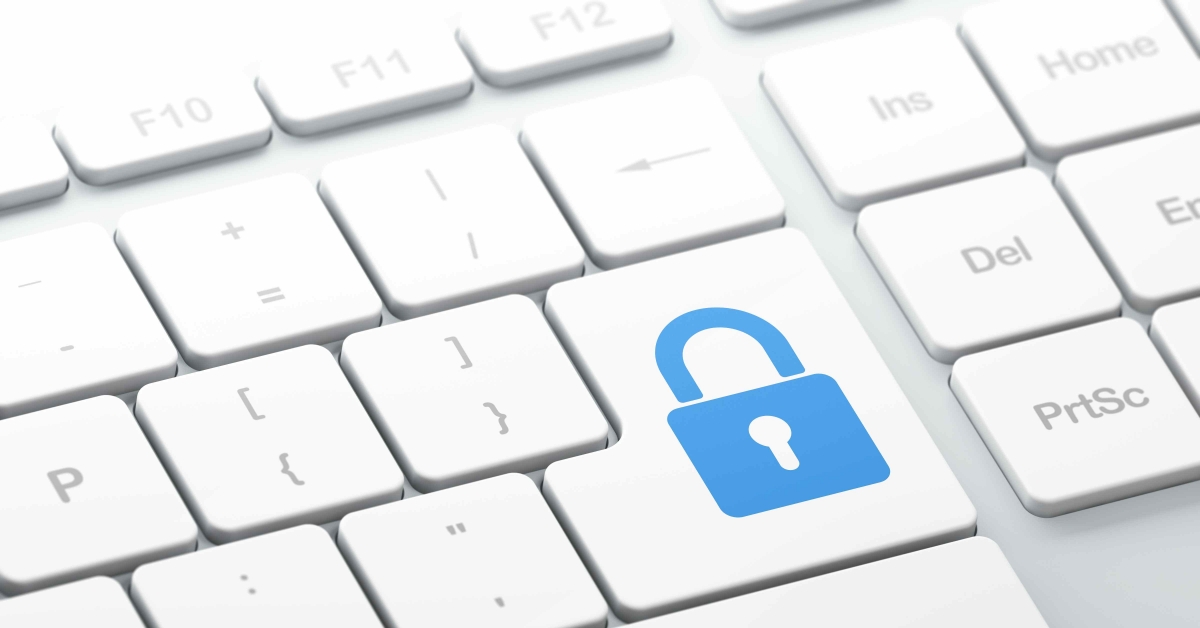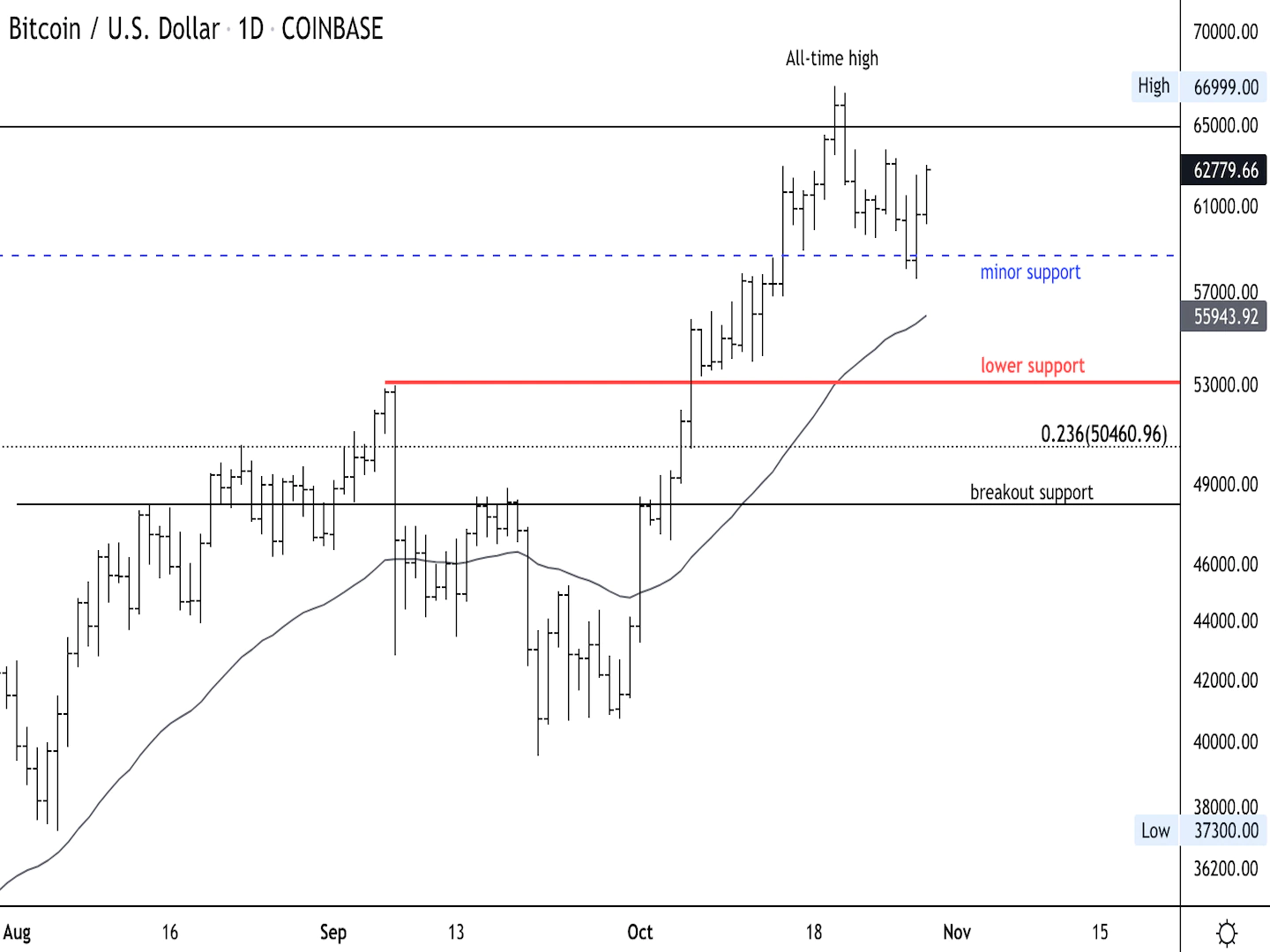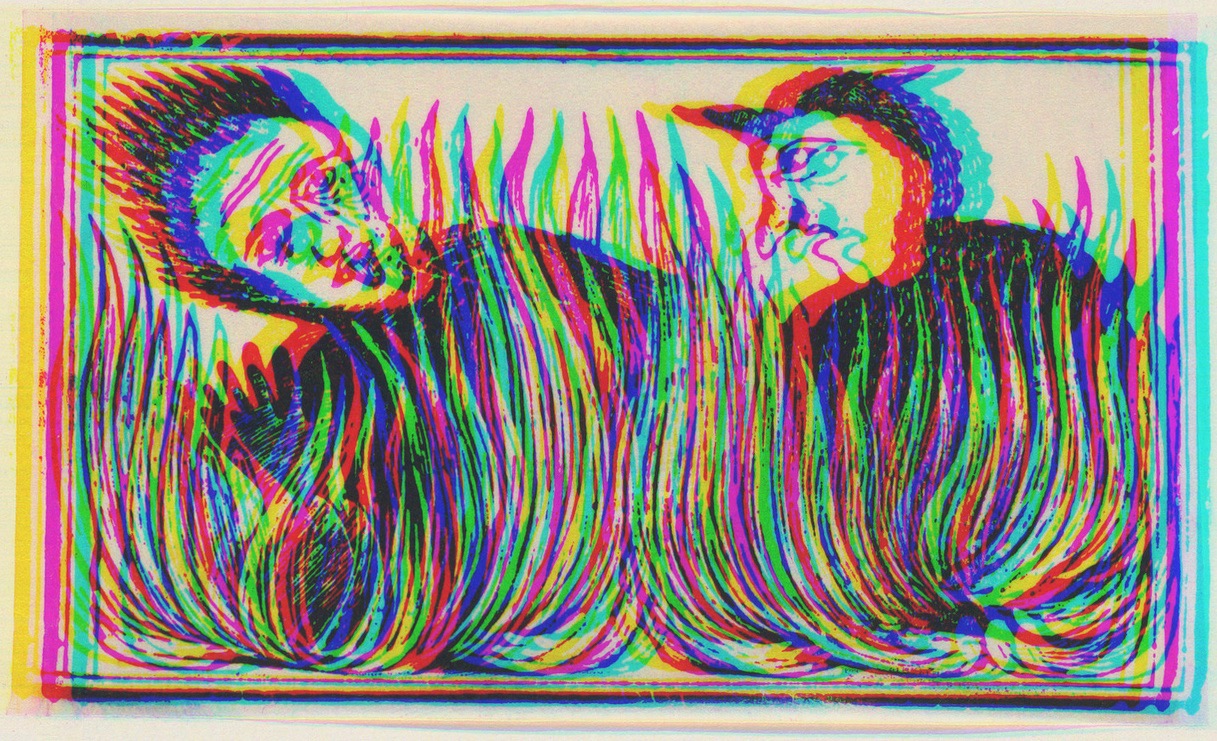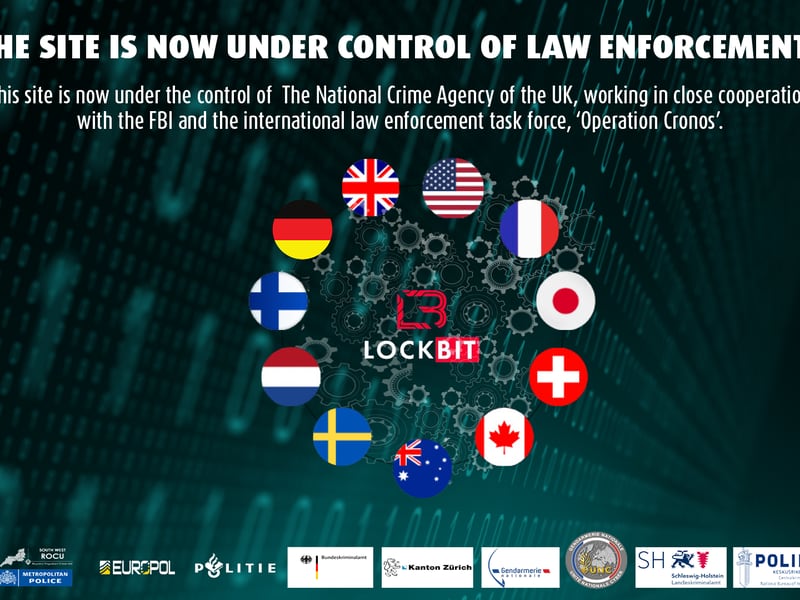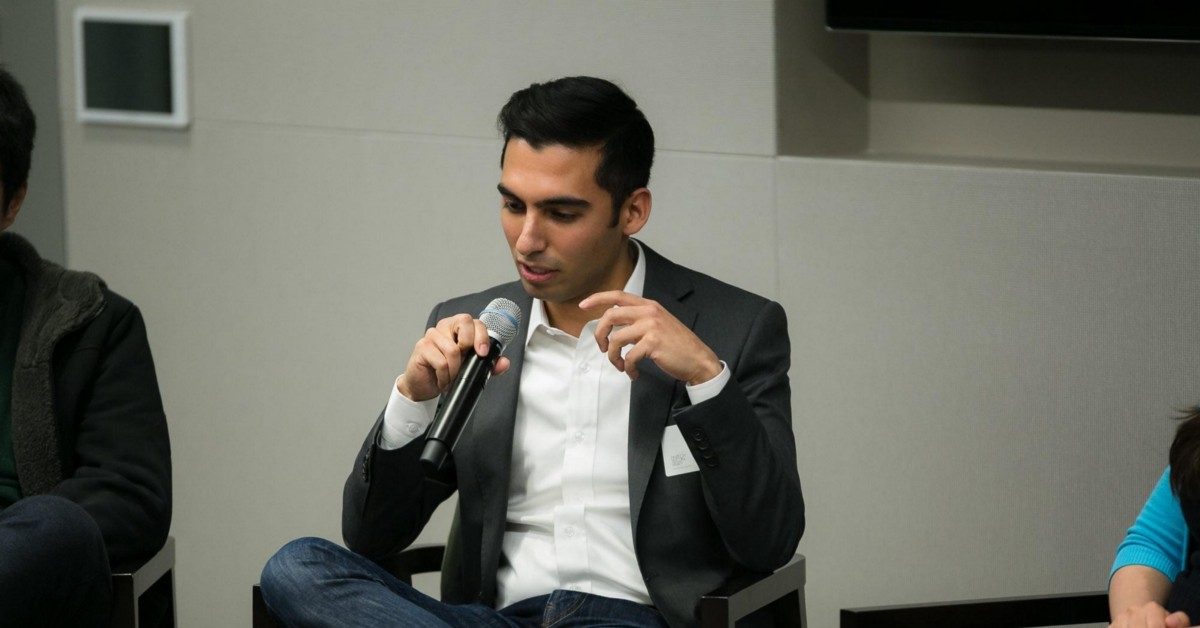Tokenization Allows More Efficient Collateral Transfers, Digital Asset, Euroclear and World Gold Council Found in Pilot Project
-
The project demonstrated that tokenized assets could be used to meet intraday margin calls instantaneously, regardless of traditional settlement cycles, processing times and time zones, Digital Asset’s Kelly Mathieson said.
-
Tokenized gold allowed the precious metal to be used more freely as collateral without traditional limitations like storage, a World Gold Council executive noted.

00:55
Bitcoin Decouples From Gold. Is Crypto in a Bear Market Again?

00:51
Copper-to-Gold Ratio Drops, What Does This Mean for Crypto?

00:57
Is Bitcoin a Safe-Haven Asset?

00:58
Bitcoin Is a More ‘Superior Form of Sound Money’ Than Gold: Kraken Head of Strategy
Real-world asset tokenization company Digital Asset said Tuesday that it completed a pilot initiative to tokenize U.K. bonds (gilts), Eurobonds, and gold for financial transactions using the Canton Network protocol.
Major securities settlement provider Euroclear, the World Gold Council and global law firm Clifford Chance also participated in the process, alongside with other banks, investors, custodians and a central securities depository, the press release said.
Tokenization refers to the process of converting real-world assets (RWA) such as bonds, real estate, or commodities like gold into digital tokens on blockchain rails. These tokens represent ownership or control over the asset, allowing it to be traded more easily and quickly in a digital format, while still preserving the value of the underlying property. Reports by Boston Consulting Group and 21Shares forecast over $10 trillion of tokenized assets by the end of the decade in their optimistic scenarios, while McKinsey predicted $2 trillion by then in its base case.
In the case of this pilot, which ran between June and July, the project created digital representations of gilts, Eurobonds, and gold to be used as collateral with greater transparency, faster transfers and around-the-clock, near-instantaneous settlements between parties, without the delays associated with traditional financial rails.
“Our work with the pilot participants has demonstrated that tokenized assets can be used with immediate effect to meet intraday margin calls outside of normal settlement cycles, processing times, and time zones,” said Kelly Mathieson, chief business development officer at Digital Asset. It also demonstrated how the ledger can serve as the legal record and has validated the secured party’s control over the digital twin and real-world assets received as margin or collateral in the event of a counterparty default.”
Tokenized gold also offered notable benefits, said Mike Oswin, global head of market structure and innovation at the World Gold Council. By converting physical gold into “Standard Gold Units” (SGU), the pilot demonstrated how the precious metal can be used more seamlessly as collateral asset in financial transactions.
“This removes traditional barriers like storage limitations,” said Mike Oswin, global head of market structure and innovation at The World Gold Council.
Edited by Stephen Alpher.
Disclosure
Please note that our
privacy policy,
terms of use,
cookies,
and
do not sell my personal information
has been updated
.
CoinDesk is an
award-winning
media outlet that covers the cryptocurrency industry. Its journalists abide by a
strict set of editorial policies.
In November 2023
, CoinDesk was acquired
by the Bullish group, owner of
Bullish,
a regulated, digital assets exchange. The Bullish group is majority-owned by
Block.one; both companies have
interests
in a variety of blockchain and digital asset businesses and significant holdings of digital assets, including bitcoin.
CoinDesk operates as an independent subsidiary with an editorial committee to protect journalistic independence. CoinDesk employees, including journalists, may receive options in the Bullish group as part of their compensation.
:format(jpg)/s3.amazonaws.com/arc-authors/coindesk/8b1395a8-12af-4705-9fe5-b862b248250d.png)

